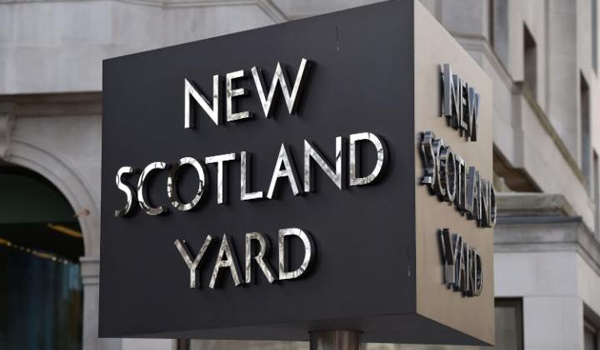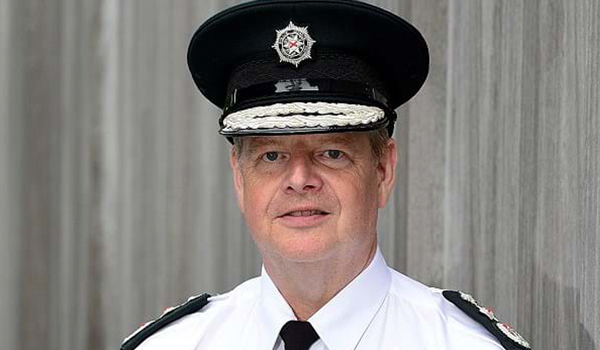Police driver who collided with fleeing man given written warning
The driver of a police vehicle that seriously injured a man during a pursuit has received a written warning after admitting gross misconduct.
In August 2018, Police Constable Marcus Esterson of the Metropolitan Police Service (MPS) had attempted to stop a silver Vauxhall Astra in North London, which sped off and crashed into a wall a short time later. The 50-year-old driver then left the vehicle.
As PC Esterson approached the crashed vehicle, he made a right turn and his patrol car collided with the man, leaving him with a dislocated and fractured shoulder.
Due to the serious nature of the injuries suffered, the MPS made a mandatory referral to the Independent Office for Police Conduct (IOPC).
“Our investigation, which concluded in January 2019, obtained a written account from PC Esterson and the officer who was a passenger in the police car; we also analysed and assessed the MPS’ policies and procedures,” said the IOPC.
A file was passed to the Crown Prosecution Service, which decided not to bring any criminal charges against PC Esterson. The man initiated a Victims’ Right to Review, and this too concluded with the decision not to bring any criminal charges.
PC Esterson admitted gross misconduct ahead of a hearing held last month. He agreed that his behaviour fell short of the standards expected in relation to duties and responsibilities, concerning his failure to consider the national decision model adequately and adhere to the MPS’ driving and pursuit policies when assessing the risk while in pursuit of a vehicle.
IOPC Regional Director Sal Naseem said: “Confronted with the evidence we had gathered, PC Esterson accepted responsibility for his actions prior to the hearing, admitting his decision-making on that evening, when pursuing the Astra, was lacking amounting to gross misconduct.
“The independent disciplinary panel assessed that evidence and decided that PC Esterson, who is a not a poor officer, should receive a written warning.
“As an organisation, the IOPC is aiming to increase public confidence in policing and improve police standards, which is why it is refreshing to note the officer acknowledged his actions were below par prior to the disciplinary hearing.
“This is a prime example of a culture of learning the IOPC wants to see, accepting and acknowledging when mistakes have been made and taking steps to address them.”







